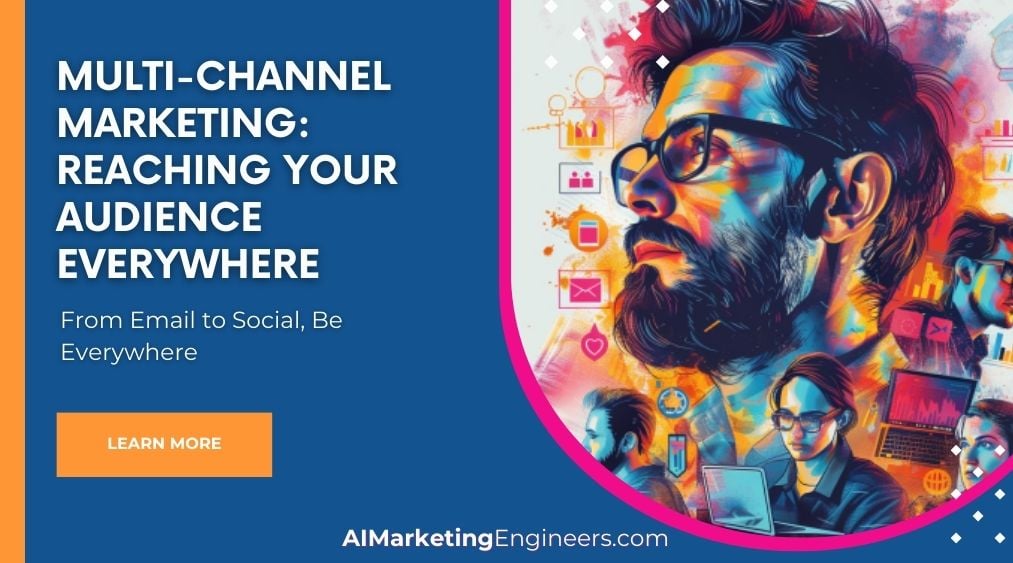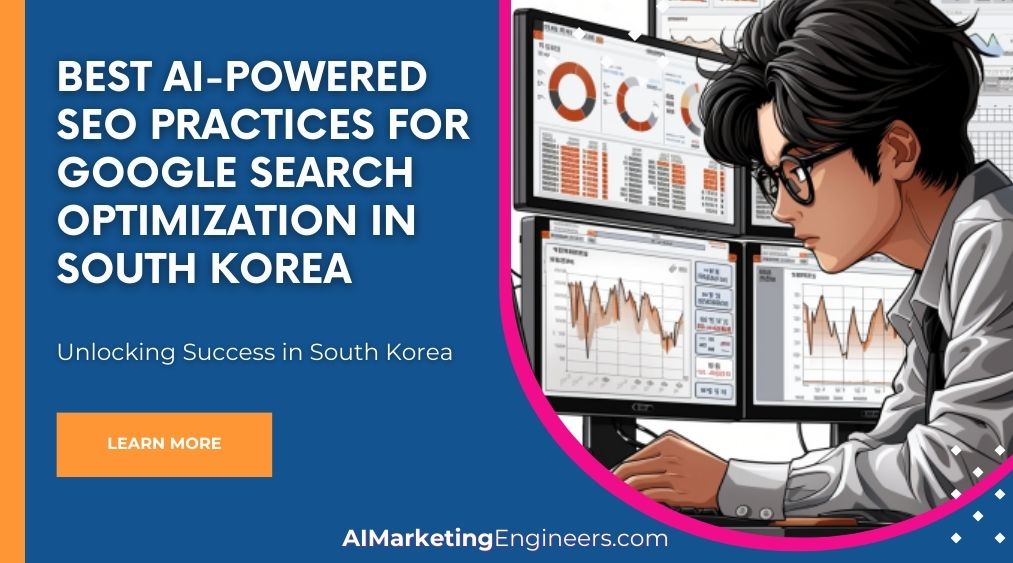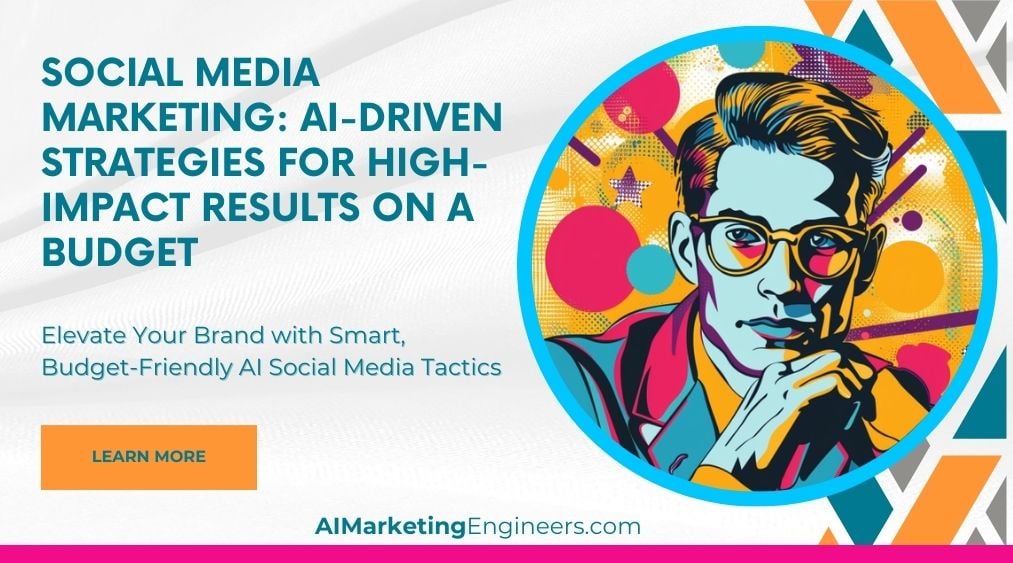Key Takeaways
✅ Seamless Integration: Imagine your products smarter and more intuitive, all thanks to AI. Implementing AI should feel like a natural upgrade, not a complication. It's about making your product smarter without scaring off your users. Did you know businesses that focus on user-friendly AI enhancements see a significant uptick in customer satisfaction?
✅ Data-driven Decision Making: Picture your business making choices not on gut feelings, but on hard, analytical data. AI is the wizard behind the curtain, sifting through information to spotlight the trends and patterns that matter. This sharp edge in decision-making can increase efficiency by up to 40%.
✅ Personalization and Customization: Ever wonder how to make your customers feel like you truly get them? By weaving AI into your products, you can create experiences that adapt to your customers' unique needs and tastes, boosting satisfaction rates by a staggering average of 25%.

Introduction
Ever felt like your business is just one step away from skyrocketing? That step might just be Integrating AI into Existing Products. Why does it matter, you ask? Well, in this rapidly advancing digital age, missing out on AI is like running a race with weights tied to your ankles – it slows you down while others zip past.
Think about it: How could your products evolve if they were smarter? How much time and money could you save with insights and performance that seem almost clairvoyant? We're not just talking about keeping up; we're talking about leading the race. Personalization, predictive analytics, and enhanced customer service; these are no longer just buzzwords—they're the keys to unlocking a future where your products are more in tune with your customers than ever before.
Stick around, because we're about to unfold a world of possibilities with AI. You'll walk away with groundbreaking strategies that could dramatically shift your business trajectory. Ready to get a glimpse of that horizon? Let's dive in.
Personalization and Customization
Imagine walking into a store where everything on the shelf seems like it was made just for you. Now, that's the magic AI-powered personalization can bring to your products. Companies are using AI to understand their customers' preferences better than ever before. This means they can offer product recommendations and create tailored content that feels personal, because it is. Have you ever felt the thrill of finding the perfect item suggested just for you? That's what AI does; it makes every customer feel like the star of the show.

Predictive Maintenance and Quality Control
Nobody likes it when things break down, right? Well, AI is stepping in as a sort of superhero for products, using predictive maintenance to spot problems before they happen. This not only saves businesses a headache but also keeps customers smiling since their products keep working smoothly. AI is also a big player in quality control. Picture this: a system that learns over time what good quality looks like and flags anything that doesn't make the cut. Plus, supply chain optimization—one more ace up AI's sleeve—ensures everything you need is right where it should be, when you should have it. Isn't that a relief?
Enhanced Customer Support and Service
Ever been put on hold for what seems like an eternity? AI-powered chatbots and virtual assistants are changing the game. They're always on, always ready to help, and—best of all—they're quick. Imagine getting your questions answered in seconds, not minutes or hours. That's improved customer support for you, and it’s not just about speed but also about unleashing a new level of service quality. Businesses can serve up help with a side of high-tech efficiency, giving their customers one more reason to stick around.
Data Analytics and Insights
Here's where AI doubles down on its know-how. By diving into data, AI enables businesses to fish out valuable insights that were previously buried in the digital deep. It's like finding treasure that can tell you precisely what will work for your customers and what won't. AI is also a whiz at predictive modeling, giving businesses a sneak peek at future trends. Ever wonder what it would be like to have a roadmap of your customer's next move? Well, AI is making that a reality, aiding decision-making with precision.

Improved Product Development and Innovation
AI isn't just about adding a bit of sparkle to what already exists—it's a powerful tool for creating something entirely new. It fuels accelerated product development, turning the gears faster for innovations that reach the market quicker. Have an idea? AI can help prototype it, test it, and perfect it. It's like having a brilliant co-designer in your corner, one that doesn't sleep, eat, or take coffee breaks. Ever thought about what your next big hit could be? AI might just be the key to unlocking that door.
In weaving AI into the fabric of your business, you're not just upgrading what you sell; you're transforming how you serve your customers, opening a world of possibilities. It's about being ahead of the game in a world where staying still means falling behind. So, are you ready to give your products that AI edge? Because from where businesses stand today, it looks like the only way forward.
AI Marketing Engineers Recommendation
Recommendation 1: Enhance Customer Service with AI Chatbots: Think about the number of times you've been on a website with a burning question. That little pop-up on the corner of the screen that says, "How can I help you?" becomes the hero, doesn't it? Now, imagine if it was smarter, sharper, and almost human-like in its responses—AI chatbots are just that. Businesses should integrate AI chatbots into their products to provide real-time, personalized customer service. With AI's ability to learn from interactions, the chatbots could handle a wide range of inquiries, reducing wait times and improving customer satisfaction. They learn from every conversation and get better over time. It's like having an employee who never sleeps and is always ready to help. Isn't that something your customers would appreciate?
Recommendation 2: Personalize Experiences with Machine Learning: We've all been there—getting product recommendations that feel like they were picked out just for us. Isn't it nice to feel understood? That's the power of machine learning for personalization. Tailor your product offerings or content to individual preferences by employing machine learning algorithms that analyze user behavior. This technology can significantly increase user engagement and satisfaction by delivering tailored experiences. It's not just about selling more; it's about making your customers feel like you know what they like. So why not put data to work and make those connections more meaningful?
Recommendation 3: Streamline Operations with Predictive Analysis: Have you ever wished you had a crystal ball to tell you what your customers will want or when your next big sale will happen? Well, predictive analysis using AI could be the closest thing you can get. By integrating AI-driven predictive analytics into your existing products, you can forecast future trends and customer needs based on historical data. This insight allows for smarter inventory management, efficient resource allocation, and strategic marketing campaigns. This means less guessing and more knowing—lower costs and happier customers. Could predictive analytics give your product the edge it needs in a crowded market?

Relevant Links
AI-Powered Personalization
Unlock Personalized Shopping Experiences with AI
Revolutionizing Retail: Advanced Shopping Marketing Strategies
Predictive Maintenance Using AI
AI in E-commerce Marketing: Personalization and Prediction
AI-Driven Predictive Analytics: Shaping Future Marketing Strategies
Enhancing Customer Service with AI
Elevate Your Brand with AI Chatbots and Virtual Assistants
The Role of AI in Improving Customer Experience
Data-Driven AI Insights and Analytics
Maximize Marketing ROI with Advanced AI Data Analysis
The Impact of AI Marketing Analytics Platforms
Innovation in Product Development with AI
The Creative Potential of Generative AI in Industry Innovation
Explore AI Tools Reshaping Business Strategy
Conclusion
Think about it – how often do you find yourself charmed by a product that just seems to "get you"? That's the magic AI brings to the table. We've cruised through an enlightening journey of the ways artificial intelligence can be a game-changer in sprucing up what you already offer. Imagine your products learning from your customers and getting better each passing day. Personalization and customization, anyone? That's AI for you, serving experiences that are tailored just like a bespoke suit.
But it's not just about making a customer’s eyes light up. It's also about the nuts and bolts of your operation. Remember talking about predictive maintenance and quality control? AI's like that crystal ball, foreseeing hiccups in your machinery and quality lapses before they ever become issues. Imagine the time and money saved, and the headaches you'd avoid.
Let's not forget those friendly chatbots and virtual assistants who can keep your customers company while you sleep. The enhanced customer support and service they offer isn’t just convenient; it's revolutionizing the way we think about availability and responsiveness.
Beyond the surface, AI digs deep into the data analytics and insights, sifting through mountains of information to unearth nuggets of wisdom that can steer your business in the right direction. It’s like sifting for gold in the river of your company’s data flow.
Then comes the innovation accelerator. With AI, product development is not just faster, but smarter—designing, prototyping, testing—it's all turbocharged. And in the cutthroat arena we call the modern marketplace, AI in product development is less of an option and more of a necessity to stay ahead.
As we wrap up, let's circle back to the essence of this excursion. Integrating AI isn't just a fancy strategy; it's an essential building block for a robust and future-ready business. The insights we've landed on are not just steps, but leaps towards being competitive and relevant. Consider the AI integration not as a suggestion, but as a clarion call to arms in the battle for market significance.
So, how about it? Ready to let artificial intelligence take your products from good to great, from functioning to futuristic? Because your competitors might just be plotting that very move. The question is, are you going to join the dance or sit this tune out?

FAQs
Question 1: What is AI, and how can it benefit existing products?
Answer: AI (Artificial Intelligence) involves machines simulating human intelligence through learning, problem-solving, and decision-making. Integrating AI into existing products can enhance user experience, improve efficiency, and enable new features.
Question 2: What are some popular AI technologies for product integration?
Answer: Popular AI technologies for product integration include machine learning, natural language processing (NLP), computer vision, and predictive analytics.
Question 3: How can businesses identify areas for AI integration in their products?
Answer: Businesses can identify areas for AI integration by analyzing customer feedback, identifying pain points, and exploring opportunities to automate processes, personalize experiences, or improve decision-making.
Question 4: What are some common challenges in integrating AI into existing products?
Answer: Common challenges include data quality, privacy concerns, technical expertise, and ensuring AI aligns with business goals.
Question 5: How can businesses ensure AI integration is ethical and unbiased?
Answer: Businesses can ensure ethical and unbiased AI integration by establishing transparent AI policies, conducting regular audits, and using diverse datasets to minimize bias.
Question 6: What are some best practices for integrating AI into existing products?
Answer: Best practices include starting with a clear business goal, prioritizing user experience, investing in data quality, and building a cross-functional team with diverse skill sets.
Question 7: How can businesses measure the success of AI integration?
Answer: Businesses can measure the success of AI integration by tracking key performance indicators (KPIs) such as user engagement, conversion rates, and operational efficiency.
Question 8: What are some examples of successful AI integration in existing products?
Answer: Examples include Amazon's product recommendations, Netflix's personalized content suggestions, and Nest's smart home devices that learn user preferences.
Question 9: How can businesses stay up-to-date with AI advancements and trends?
Answer: Businesses can stay up-to-date with AI advancements and trends by attending conferences, following industry publications, and collaborating with AI experts and researchers.
Question 10: What resources are available for businesses looking to integrate AI into their products?
Answer: Resources for businesses include online courses, AI toolkits, industry reports, and consulting services from AI experts and technology providers.

Academic References
- Ransbotham, S., Kiron, D., Gerbert, P., & Reeves, M. (2017). Artificial Intelligence and Business Strategy. Harvard Business Review. This article dives into the blend of AI with business strategies, putting a spotlight on the need for wisdom while integrating AI into products and processes. It brings to the fore the notion that AI should be a companion to human intelligence, not its replacement.
- Rao, A., & Mittal, N. (2019). Integrating AI into Products: A Framework for Business Leaders. McKinsey & Company. Here, leaders in business get a playbook on weaving AI into their products. The focus is on picking the best cases for use, assembling the skills needed, and dealing with the ethical and legal maze. It's about encouraging a spirit of trial and error and lifelong learning.
- Davenport, T. H., & Ronanki, R. (2018). The AI Advantage: How to Put the Artificial Intelligence Revolution to Work. MIT Sloan Management Review. This piece explores the paths businesses can tread to not just join the AI revolution but to march ahead. It tells how pinpointing the right opportunities and capabilities is key, all while keeping a sharp eye on customer and employee value.
- Naujok, N., & Stoetzel, J. (2019). Artificial Intelligence and Business: How AI is Transforming Business Models. University of St. Gallen. An academic deep-dive into how AI is reshaping the world of business models, urging companies to realign their strategies to harness the AI wave. It speaks volumes about creating AI-infused products and experiences that resonate with customers.
- Davenport, T. H., & Foutty, J. (2018). Artificial Intelligence and Business Strategy: Tools for Innovation and Growth. MIT Sloan Management Review. This article is a conversation about AI as the engine for innovation and growth. It’s about charting a strategic course for AI adoption and zooming in on capabilities and AI-driven products that deliver true customer value.







